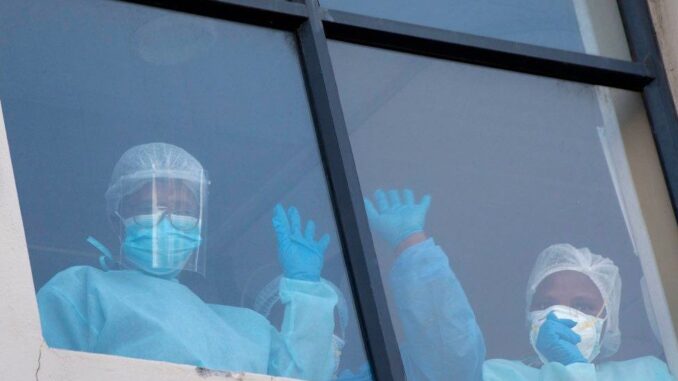
South Africa has already suspended its vaccination campaign. The reason for this is that the effectiveness of the vaccine against the South African variant of the coronavirus is said to be limited.
South Africa, officially the country most affected by the coronavirus pandemic on the continent, said on Wednesday that it was ready to resell or exchange its lots with countries affected by the original strain of coronavirus. “The vaccines will be exchanged before the expiry date,” the South African health minister said, assuring that “there are already countries asking to sell it to them”.
South Africa has been battling for weeks with a more contagious variant of Covid-19, and the feeling among the population is that there is no room for complacency. The decision to suspend the vaccination campaign is misunderstood. The problem for the authorities is that AstraZeneca vaccine has not been shown to be effective against mild and moderate cases, according to one trial.
Except that this trial was conducted with only 2,000 people. Too small a sample size to make a reliable conclusion, says Professor Alex Van Den Heever of the University of the Witwatersrand in Johannesburg: “The trial excluded all high-risk groups, and there were only 2,000 participants instead of 20,000, for example. And because they excluded all the high-risk groups, the only thing they wanted to know was whether or not the vaccine would prevent infection, of which a benign disease is an indirect indicator. »
In other words, the trial did not test whether AstraZeneca’s vaccine was effective against serious diseases because these patients were not part of the study. Professor Van Den Heever believes it is too early to throw the vaccine in the trash. For its part, the South African government would like to focus on the Johnson & Johnson vaccine, which is supposed to be more effective, and a single-dose vaccine. At present, nine million doses have been ordered, with a first delivery, in small quantities, expected next week, the Department of Health says.
However, the case of AstraZeneca raises an urgent question for health authorities: what to do if a vaccine proves ineffective against new variants? South Africa’s goal is to vaccinate 67% of its population by the end of the year. But this vaccination campaign has been delayed and is now disrupted by this new local strain. A change in strategy, namely to purchase new vaccines, could prove very costly.
